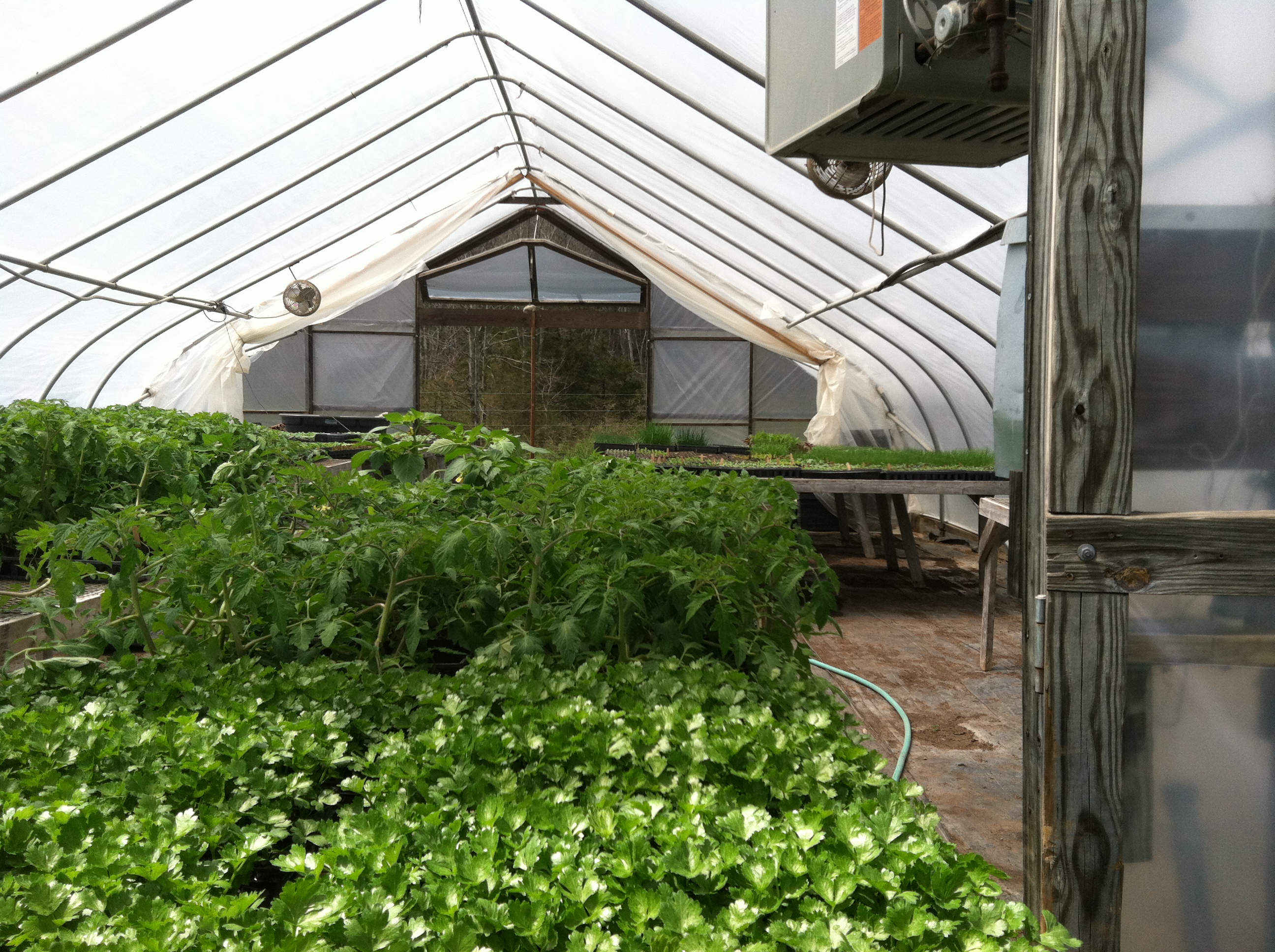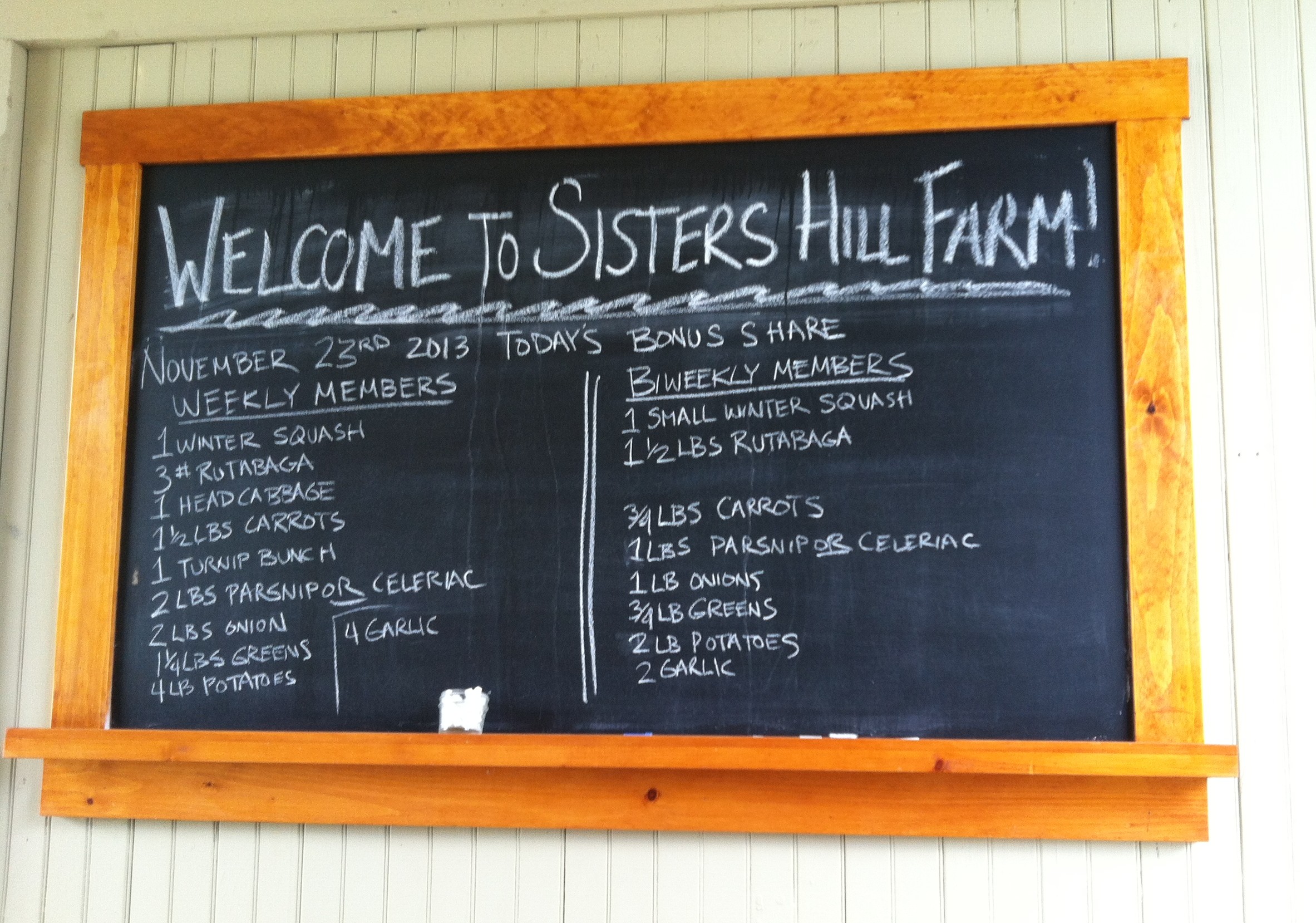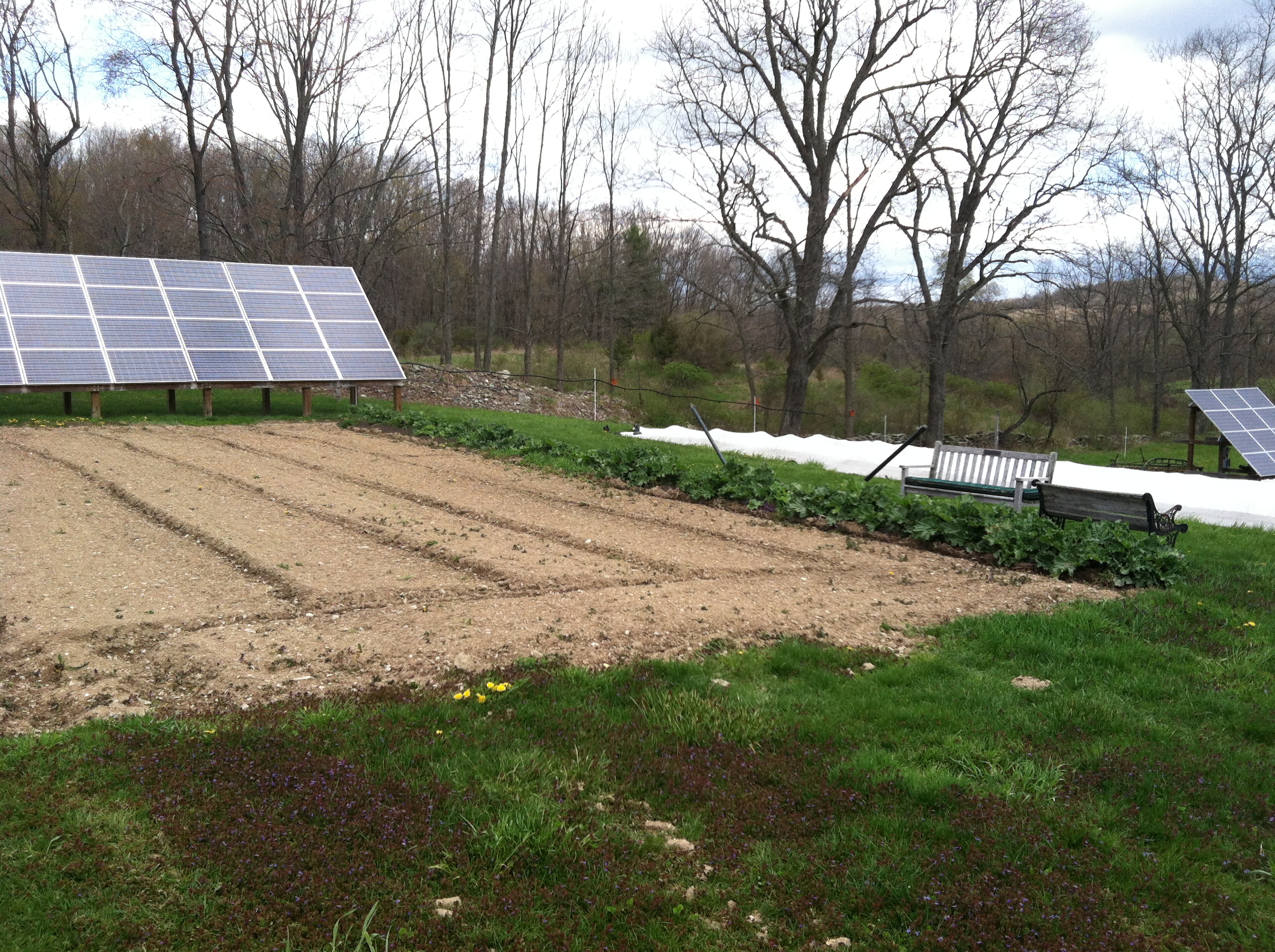On Friday April 1st, our class visited Stormfield Swiss, a mid-size dairy farm run by married couple Jennifer DeForest and James Lawrence. The farm is a partner in Hudson Valley Fresh (HVF), a dairy cooperative run by Sam Simon, a former orthopedic surgeon who retired and started his own dairy farm (he had grown up in a dairy farming family). Simon was also present at our visit and talked to us about his program and many elements of dairy farming in the Hudson Valley. After Simon returned to farming, he realized that small and midsize dairy farmers were losing profits, as they were being paid the same amount for their product as a dairy farmer in the 1970s, and not being compensated for the additional expenses that accompany higher quality milk production. He started his own cooperative label, HVF, in 2007. Each of the nine family farms who participate are all equal partners and receive a static price for their milk, which is much higher than they would receive for generic. To Sam, sustainable agriculture is about economic sustainability for farms and farmers. In fact, Jenn said that if they had not joined HVF in 2009, they would probably not still be able to operate their farm. Sam told us, echoing ideas we discussed in class both with Professor Nevarez and with Ed Steinman, that HVF’s economic inflows mostly come from New York City. NYC coffee houses are the biggest purchasers of their milk, because the higher fat content makes great lattes!

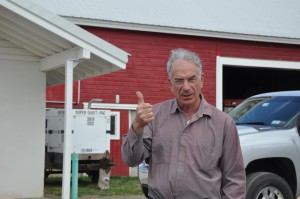
Although rain was predicted, it was 75 degrees and sunny by the time we got to the farm, where we got to pet, see, talk to, and take selfies with cows and calves, peacocks, goats, chickens and a guard llama. Jenn, James, and Sam were all incredibly welcoming, showing us around the pastures, milking barn, and milk storage room.
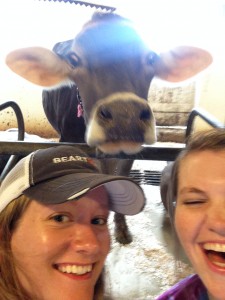
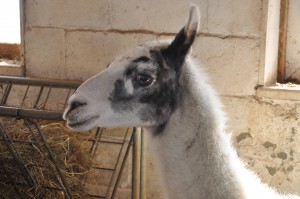
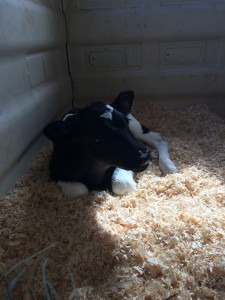
Stormfield Swiss was owned by Jennifer’s great grandparents who bought the farm in 1920. Ultimately, the price of land in the Hudson Valley made it impossible for her family to continue to operate the farm, but after the farm was bought by a man who had once worked there, he allowed Jenn and her husband to rent the land for their own dairy farm. They have about 80 cows, most of which are Brown Swiss, making them the smallest partner in HVF. They have no employees, and milk their cows twice a day, once at 5 am and once in the afternoon. During the morning milking, Jenn sets up two cots in a room adjacent to the milking barn for her two young children to sleep while she works.
We learned a lot of interesting things, but two ideas in particular surprised. First, Jenn and Sam explained why HVF coop farms do not pursue organic certifications, noting that the organic label is difficult to attain for small farms due to expense, and that all of their milk is free of anti-biotics, ensured by rigorous testing. They also emphasized that local is very important, and that organic can be from anywhere in the country. Finally, Jenn told us that since she cares about her animals, it feels wrong to her to withhold medicines that would be disallowed under the organic certification. This surprised us because it seemed at odds with the dominant narrative surrounding local/organic foods.
Another interesting thing that Sam talked about, speaking from his experience as an orthopedic surgeon, was the importance of children drinking milk, in particular whole milk. Speaking to the importance of absorbing and storing calcium using the Vitamin found in higher fat contents for people under the age of 20.
We ended our visit with delicious samples of HVF chocolate milk and yogurt and drove back to campus with lots of great pictures and maybe a little bit of cow snot on our jeans!
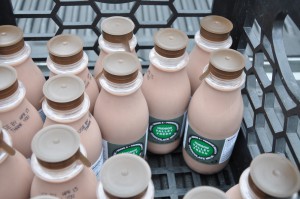
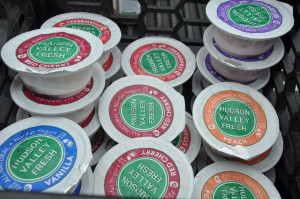
–Julianne and Mary
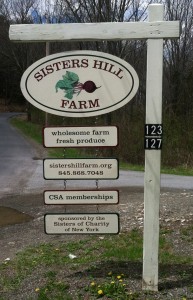 This Sunday I visited Sisters Hill Farm, a CSA in Stanfordville, Dutchess County. The farm was founded by the
This Sunday I visited Sisters Hill Farm, a CSA in Stanfordville, Dutchess County. The farm was founded by the 